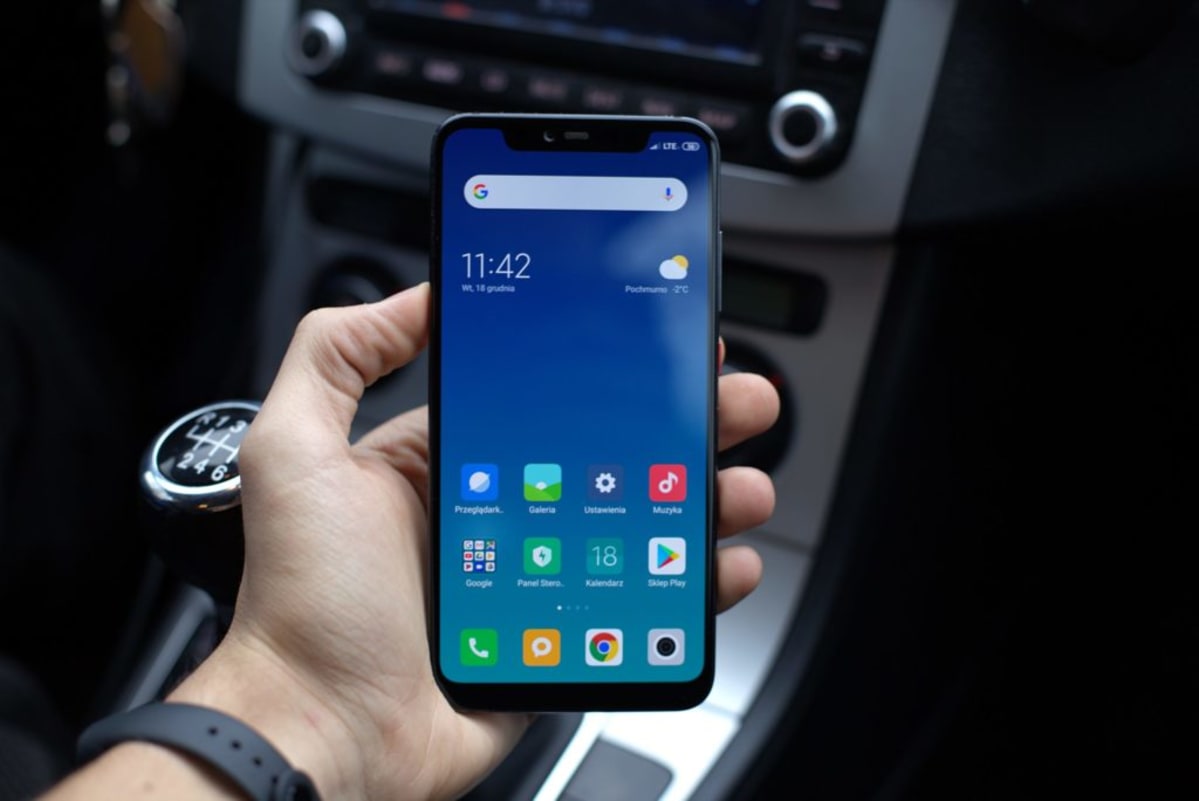Emergency Gear Every Driver Should Have In Their Car
Published on Sat, Feb 1, 2020
By: Keith Jacobs
Even the most experienced driver isn’t immune to emergencies on the road. Here’s a good start as to what every smart driver should have with them in the car.
Some six million car accidents occur in the United States every year. This doesn’t even address the other urgent situations you might encounter on the road, like getting caught in bad weather or losing your way. Equipping your car with preparedness gear will ensure you are ready to tackle all kinds of incidents. Here’s a good start as to what every driver should have with them in the car:

A smartphone
Your smartphone is one of your most valuable tools on the road. You can use a weather app to check for inclement weather that might get in your way, for example, and rely on Google maps to guide your way. If you get into trouble, you can use your phone to call for a reliable roadside assistance service like AAA. First responders can even track a signal from your phone to find you if your car goes off the road, and you’re stuck and in need of assistance.
For your own peace of mind, invest in a prepaid phone plan. This ensures that you can use your device without incurring extra charges. Major phone carriers like Verizon have a great selection of prepaid phone plans to choose from. It’s also smart to pack an extra battery or a portable charging unit for your phone so you can be sure it’s never out of power.
A first aid kit
If you’re in an accident where somebody gets hurt, a first aid kit can address minor injuries until professional help arrives. One option is to buy a ready-made kit. Amazon offers a wide selection, some of which are tailored specifically for automobiles. Look for a model that is approved by the U.S. Government’s Occupational Safety and Health Administration.
You can also build your own kit. The Mayo Clinic suggests including medical tools like wrap bandages, hydrogen peroxide, antibiotic ointment, aspirin, and a thermometer. If you require any medications, such as an Epi Pen or asthma inhaler, having spares of it on hand is also wise.

Basic car repair tools
There are certain small repairs that you should be able to make on your car by yourself. Money Crashers recommends knowing how to change your own air filter, how to handle spark plugs, and how to check your oil—among other tasks. This DIY knowledge will save you money. Some of it can also prove useful if an emergency strikes on the road.
To put your skills into practice, however, you will need certain tools. Having a multi-drive wrench on hand means you will be able to change a tire, for instance. A Smittybilt recovery strap can be used if you need a tow. Meanwhile, a Schumacher SpeedCharge will come in handy if your car’s battery is drained.
Water, blankets, a reflective vest, and a flashlight with batteries
Even with your phone on hand and your tools, it may happen that you get “stuck” somewhere at the side of the road due to car trouble. If you’re in a more rural area, it may take some time for a tow-truck to show up. When these cases occur, you want to be sure that you will be okay on your own until help arrives. Water keeps you from getting dehydrated while blankets keep you warm. A reflective vest ensures cars driving by see you, and a flashlight will help you find your way if your car has gone off the road.
Pack these goods in your vehicle and you can take to the road with confidence. While the hope is obviously that you won’t need any of your emergency items, knowing they are there—in case you do need them—can offer great peace of mind. If you do end up in a sticky situation, you’ll be ready.




